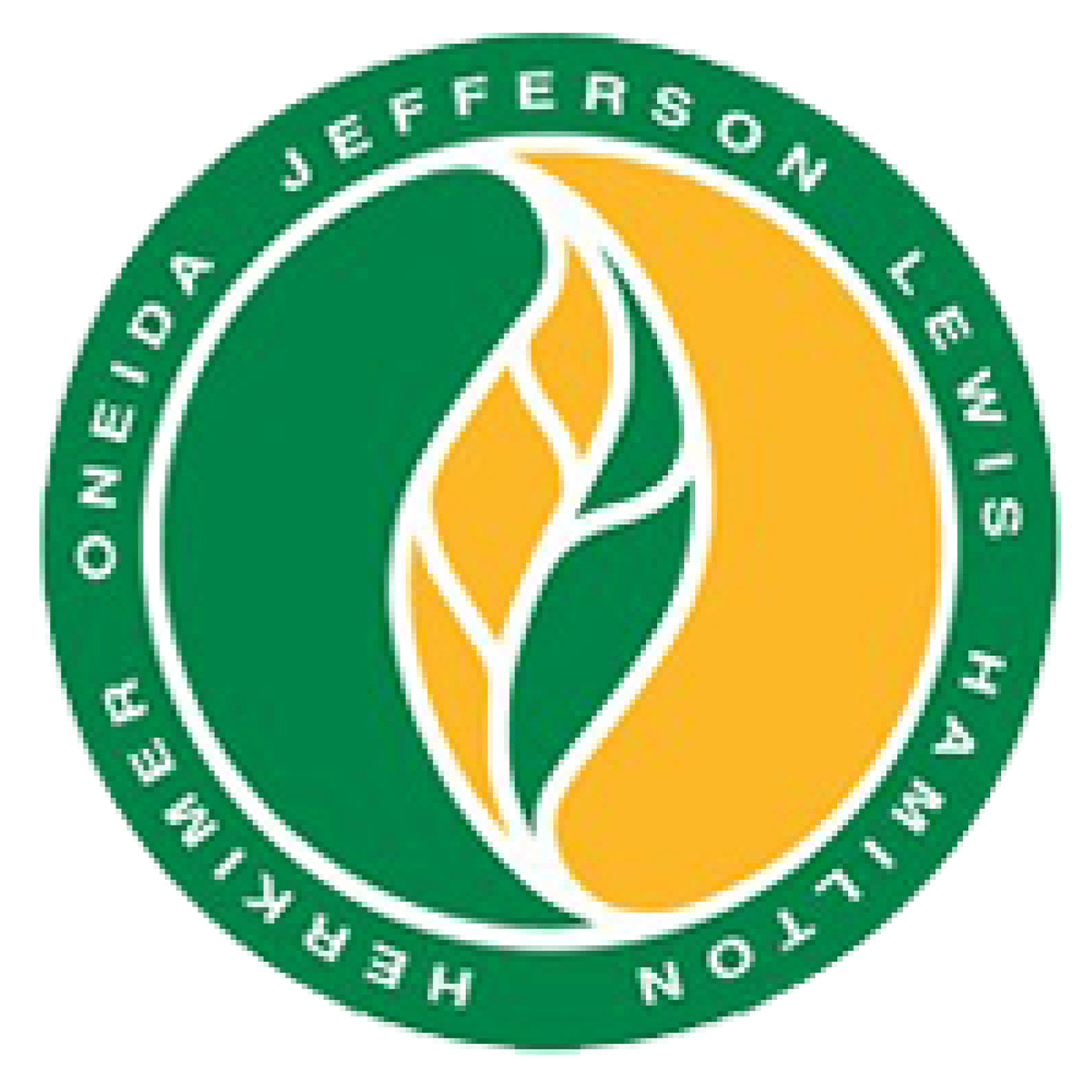GRANT AND LOAN PROGRAMS
Federal Grants
Federal Pell Grants are awards to help undergraduates pay for their education after high school. The Federal Pell Grant Program is the largest federal student aid program. These grants provide a "foundation" of financial aid, to which aid from other federal and non-federal sources may be added. Grants do not have to be paid back. Awards will vary and not all students are eligible. Students are allowed the equivalent of six (6) full scheduled annual awards. Pell Grants used at other institutions count toward the maximum amount allowed. (Students who have attended multiple institutions within a brief period, and have received Pell disbursements, may be identified by the Department of Education as persons with an “Unusual Enrollment History.” Regulations require Jefferson-Lewis BOCES to review these circumstances for possible fraud and/or abuse of the Pell Grant Program.)
Students who are in DEFAULT will not be eligible for Federal Student Aid (Pell and/or Federal Direct Loans).
Free Application for Federal Student Aid (FAFSA)
Do You Need Money for College?
Federal Direct Loan Program
The Federal Direct Loan Program contains low-interest loans that are available to both the student and parent to help pay for the cost of a student's education. The loans are available through the U.S. Department of Education instead of a bank or other financial institution. The Federal Direct Loan Program consist of Direct Subsidized, Unsubsidized, Direct Parent Plus, and Direct Consolidation loans.
Students who are requesting a student loan are required to complete a Master Promissory Note and Entrance Loan Counseling for their first loan at Jefferson-Lewis BOCES Program for Practical Nursing.
Loans will be disbursed one-half each semester, less fees
Student Loans are applied for on an annual basis.
Student Loans will be credited to the students account approximately 7 weeks after the start of each semester, if "SAP" has been met. Any funds credited to the students account in excess of their charges will be refunded.
Direct Subsidized Loans are available to students who demonstrate financial need based on income and other information provided on the FAFSA. No interest is charged while the student is enrolled at least half-time, during the grace period and during deferment periods.
Direct Unsubsidized Loans are not based on the students financial need. The student is responsible for the interest, which may be paid while the student is in school. If the student chooses not to pay the interest while attending school the interest is accrued and then added to the principal balance when the student enters repayment. Repayment of student loans occurs six months after the student is no longer enrolled at least half-time.
Parent Plus Loans are low-interest loans available to parents of a dependent student to help with the cost of paying for their dependent's education. Interest is charged during all periods. If a parent is denied a PLUS loan, the student my be eligible for additional Unsubsidized Federal Direct Loans.
Remember these are loans and they must be repaid. Borrow only what you need. The best way to keep on track of your finances is to complete a budget prior to accepting a student loan. The U.S. Department of Education has created a budget sheet on their website. Please go to https://studentaid.gov/loan-simulator/ for budget calculator and repayment plans.
Master Promissory Note and Entrance Counseling
Annual Maximum Loan Limits
Direct Subsidized Loan
Dependent Student
$3,500
Independent Student
$3,500
Direct Unsubsidized Loan
Dependent Student
$2,000
Independent Student
$6,600
Private Education Loans
Private, Alternative or Continuing Education Loans, are loan programs designed to help students pay for their education when they are unable to receive federal money or when other financial aid does not cover the cost of their education.
Private Loans are NOT Federal Student Loans. They are offered by private lenders and do not require the student to complete federal forms (FAFSA). Approval for Private Education Loans are generally based on an individual's credit and may require a credit check.
Students can expect to pay a higher interest rate on a Private Loan than that of a Federal Student Loan. Interest rates and fees on Private Loans are based on the individual credit score (FICO) and it is best to have a co-signer if you do not have a well established credit history. If you and/or your co-signer's FICO score is less than 650 you will probably not be approved for a loan.
Repayment of Private Education Loans generally begin 30 days after the first disbursement
